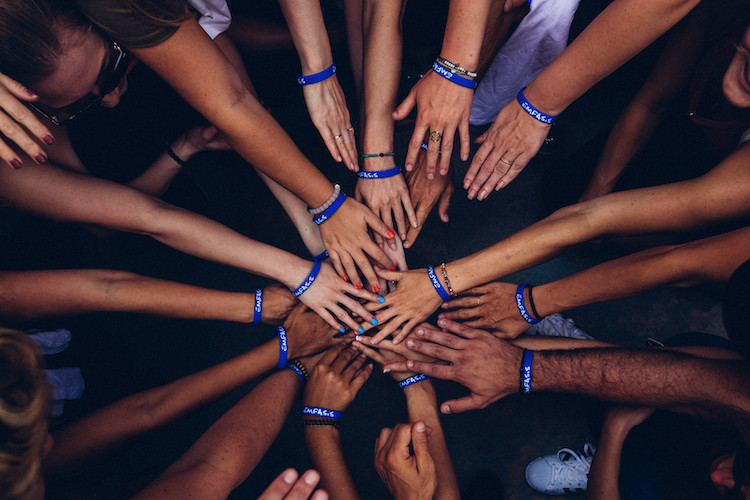By Lisa Vives, Global Information Network
NEW YORK (IDN) – Funds for 19 strapped African countries have been approved by the International Monetary Fund (IMF), in light of the impact of COVID-19 on economies and livelihoods.
IMF Managing Director Kristalina Georgieva said on April 13 the funds will be applied to the most vulnerable members to cover their debt obligations.
The list includes: Benin, Burkina Faso, Central African Republic, Chad, Comoros, the Democratic Republic of Congo, The Gambia, Guinea, Guinea-Bissau, Liberia, Madagascar, Malawi, Mali, Mozambique, Niger, Rwanda, Sao Tome, Sierra Leone and Togo.
The Fund’s action, however, only covers IMF debt obligations for an initial phase over the next six months. It includes a $185 million pledge by the UK, and $100 million by Japan.
“Others including China and the Netherlands are also stepping forward with important contributions,” she said, adding: “I urge other donors to help us replenish the Trust’s resources and boost further our ability to provide additional debt service relief for a full two years to our poorest member countries.”
In a separate development, the IMF approved a $1 billion grant to help Ghana and $442 million for Senegal to enable both countries to respond to the coronavirus pandemic. Ghana was at high risk of “debt distress”, the IMF said.
Currently, debt obligations force poor countries to pay almost as much as they dedicate to public health systems, according to the Jubilee Debt Campaign which in a recent report cited a double whammy of increasing debt interest bills and the tumbling price of oil and other raw materials.
Commodity prices have plunged, with the price of copper down by 21% since the start of 2020, oil 61% lower, and coffee falling by 15%. The Bloomberg commodity price index – which measures a basket of oil, metals and food prices – has dropped 27% since the start of the year and is now at its lowest level since 1986.
“The IMF needs to help restructure debt with previous lenders,” the activist group wrote in a recent opinion piece. “Otherwise, its loans will just be used to pay off reckless lenders and maintain the debt crises. The IMF itself needs to cancel debts owed to it by countries suffering the impact of the pandemic.”
In a related development, the Ghana government has announced that electricity bills for the very poor will be fully absorbed by the government whiles a 50% cut will go for other consumers. Water bills will also be covered for the next three months.
“The fight against Coronavirus has served as a humbling reminder of the things that matter, the things that cannot be bought, and the things that, all too often, go unappreciated, as a result of the stress of daily life,” declared President Akufo-Addo.
Meanwhile, in Nigeria, the Ministry of Power clarified in a tweet that reports of free electricity for two months were not true and that any such decision would be officially communicated. [IDN-InDepthNews – 15 April 2020]
Image: Hand joining in a circle. Credit: IMF
IDN is flagship agency of the International Press Syndicate.
facebook.com/IDN.GoingDeeper – twitter.com/InDepthNews

